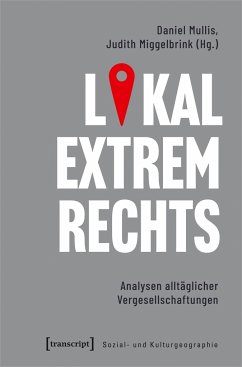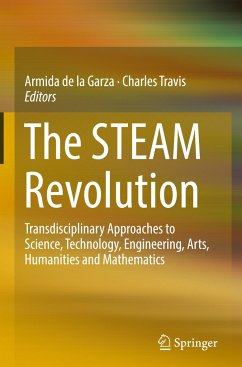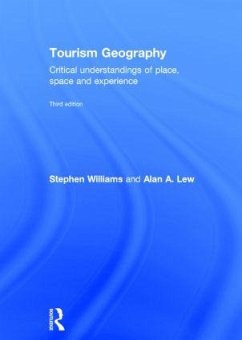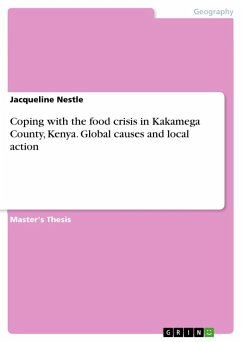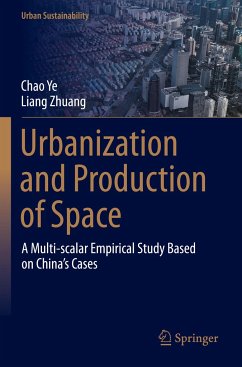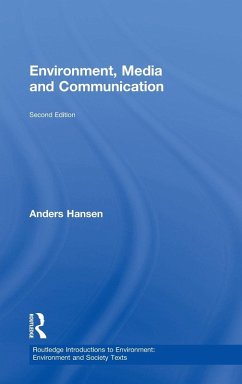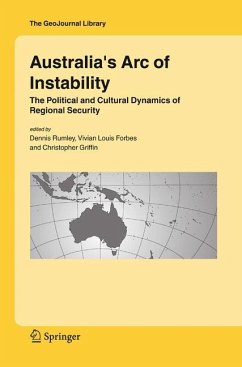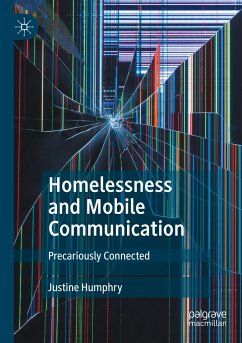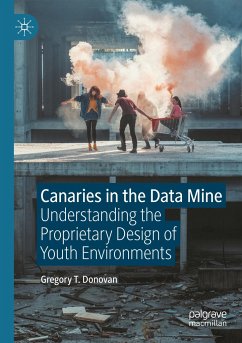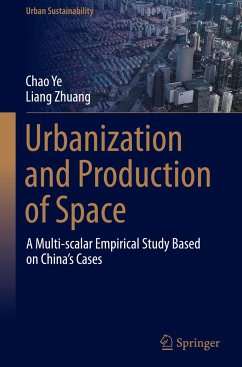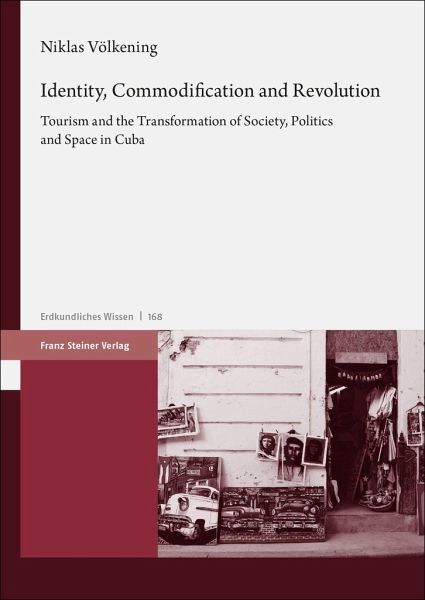
Identity, Commodification and Revolution
Tourism and the Transformation of Society, Politics and Space in Cuba

PAYBACK Punkte
0 °P sammeln!
This book explores how the commodification of the Cuban Revolution affects Cuban identities. Contrary to prevailing beliefs, commodification does not inevitably lead to identity loss or alienation. Instead, it serves as a potent heuristic tool for comprehending social and political transformation.The Cuban Revolution, a powerful force shaping Cuban identities, presents an intriguing paradox. Surprisingly, tourism-driven commodification of the Revolution does not induce alienation, challenging prevailing assumptions. Rather, the waning identification with the Cuban Revolution stems from a compl...
This book explores how the commodification of the Cuban Revolution affects Cuban identities. Contrary to prevailing beliefs, commodification does not inevitably lead to identity loss or alienation. Instead, it serves as a potent heuristic tool for comprehending social and political transformation.
The Cuban Revolution, a powerful force shaping Cuban identities, presents an intriguing paradox. Surprisingly, tourism-driven commodification of the Revolution does not induce alienation, challenging prevailing assumptions. Rather, the waning identification with the Cuban Revolution stems from a complex interplay of perceived dysfunctionality, unmet aspirations, and economic inadequacies.
Commodification in tourism is thus merely a symptom of alienation, revealing the discontent of marginalized individuals who criticize and disengage from the Revolution. This indicates transforming identities and socioeconomic realities, which are not caused by commodification, but areexposed through its examination. The book further explores the current state of the Cuban Revolution, where criticism and calls for market reforms challenge the state's authority and imply a decline in its power.
The Cuban Revolution, a powerful force shaping Cuban identities, presents an intriguing paradox. Surprisingly, tourism-driven commodification of the Revolution does not induce alienation, challenging prevailing assumptions. Rather, the waning identification with the Cuban Revolution stems from a complex interplay of perceived dysfunctionality, unmet aspirations, and economic inadequacies.
Commodification in tourism is thus merely a symptom of alienation, revealing the discontent of marginalized individuals who criticize and disengage from the Revolution. This indicates transforming identities and socioeconomic realities, which are not caused by commodification, but areexposed through its examination. The book further explores the current state of the Cuban Revolution, where criticism and calls for market reforms challenge the state's authority and imply a decline in its power.




